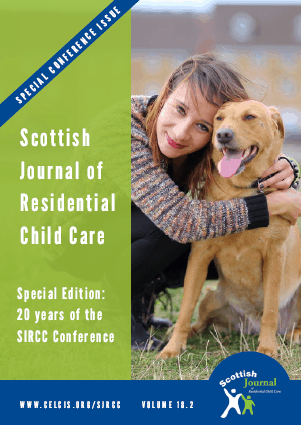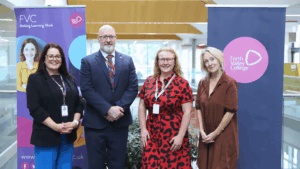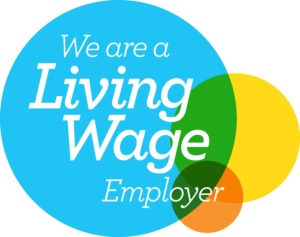Over the past 12 years of supporting care-experienced young people we’ve had the enormous privilege to work with dozens of organisations of all sizes, mentors from all walks of life, and local and national governments. But most importantly, we have built relationships and listened to the stories of thousands of young people. We’ve heard their challenges, recognised their talents and have been amazed by their resilience.
So when we were asked to submit an article for the Scottish Journal of Residential Child Care, and share our story and vision of change, we knew what we wanted to say.
The Scottish Journal of Residential Care is a leading academic journal, tracking and publishing the most innovative research and studies on residential child care, policy and practice across Scotland.
Peer reviewed and a major driver of policy changes, the journal has an international readership and is an ideal platform to share recommendations on how to improve conditions and outcomes for young people in residential care.
To draft the article we thought back over the stories our young people have told us and the things they believe need to change. The journal was an opportunity for us to share their recommendations to a global audience of decision makers. You can read the article here.

1. Change Starts when Young People’s Voices are Heard
Policy makers need to understand the faces and experiences behind the statistics. Our young people – their courage, challenges, talents and resilience – are what inspires mentors to get involved and is what is transforming our workplaces, communities and nation.
2. Corporate Parenting can be specific
Let’s drop the corporate word and just be parents. The current definition is a start, but the legislation doesn’t allow us reach enough young people.The best way for corporate parent to support pupils is to help them get the best education. After all, education outcomes dictate job choices and determine life chances. By supporting all care-experienced young people individually with school-based mentoring, we can make sure our corporate parents make a transformational impact.
3. Widening Access starts before young people leave school
Universities have made great progress making higher education more available to care-experienced young people through contextualised admissions. But it’s still not enough. To ensure all have the opportunity, universities need to work and build relationships in schools. Through directly building confidence, belief and aspirations young people will feel welcome and ready to succeed in higher education.
4. Integrated partnerships are key
Partnerships – with schools, organisations and governments – determine both success and sustainability. They are challenging but essential. Values and policy driven but practical. Open with shared resources. Large scale transformation that benefits every participant is possible with motivation, commitment and resilience.
5. Young people need to lead change
Effective policy about young people can only be created when their voices and opinions are always front and centre. They know better than anyone the challenges they face and where policy doesn’t fit practice. If we want real and sustainable change for care-experienced young people, they must lead to shape and form solutions which we find a way to make happen.
What our young people say
Our young people are what inspired the article and are the basis for the recommendations we outline. We would be humbled if you took some time to read the article and would love to hear your feedback. Thank you to all our mentors, for being there, for listening and for helping transform Scotland. We couldn’t do this without you.





